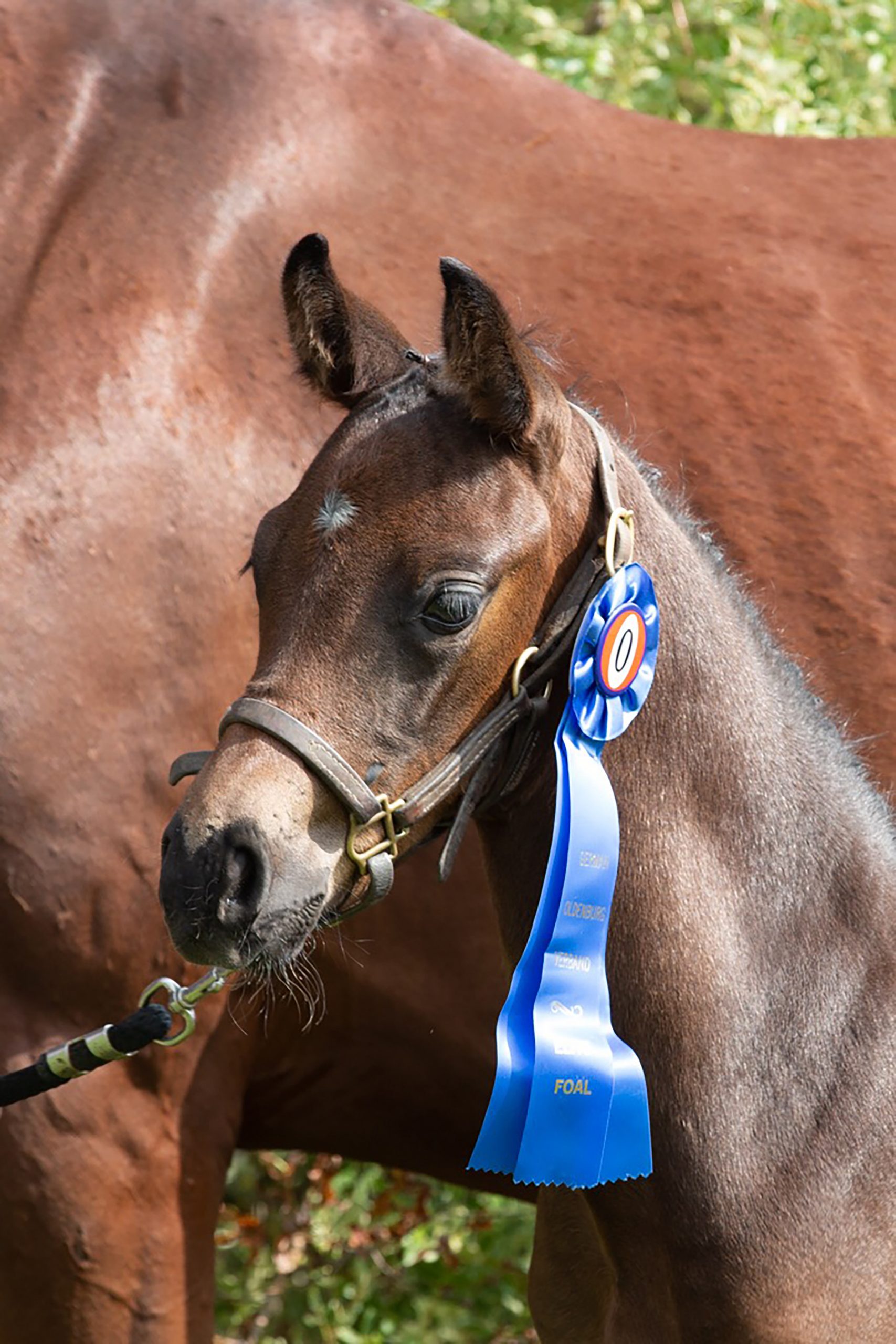BELWOOD – The importation of European horses to Canada has been a long-standing tradition in the country’s equine industry – and while it has always been costly, recently the process has become even more expensive.
This trend is due to a combination of factors, including exchange rates, transportation costs, and increased demand for high-quality horses in Canada.
Despite the increases, Janet Konyer, owner and trainer at Lookout Farms outside of Belwood, has had success importing horses from abroad.
In 2022, a German-born stallion named Feinrich arrived at Lookout Farms and has been adjusting well since.
Some Canadian equine enthusiasts are willing to pay a premium for these animals due to their exceptional performance in disciplines including dressage, show jumping and eventing. Many breeders view importing European horses as a way to diversify the genetic pool of Canadian horses and improve the quality of the country’s horse population.
“There are lots of Canadians and Americans breeding the same lines available in Europe, here in North America,” Konyer said.
“For example, all my mares have European bloodlines and are bred back to European stallions. I think breeders could definitely rely less on importing and support breeders that are producing equivalent quality here in Canada.”
All of Konyer’s horses are inspected and registered with Germany. They are of German stock and are graded against international standards.
Canada has very specific requirements for both isolation and quarantine of horses. These requirements can be met at private facilities in some cases, but not always.
“Testing is done for several diseases to ensure [the horses] are not carriers that could potentially expose North American horses,” said Konyer. “It’s more stringent for stallions. Geldings are the most straightforward to import because they’re not of any reproductive value.”
Horses typically travel well by air and are accompanied by a trained veterinarian technician. Konyer believes it would benefit Canadian breeders to come together with a better format for presenting horses.
“Auctions in North America tend to be for the lower-grade quality of horse whereas in Europe, traditionally their best horses go to auction,” she said.
“It has been tried here but it hasn’t quite taken off … The Europeans have way more numbers. I don’t know the exact numbers offhand, but they have millions of horses compared to our thousands.”




